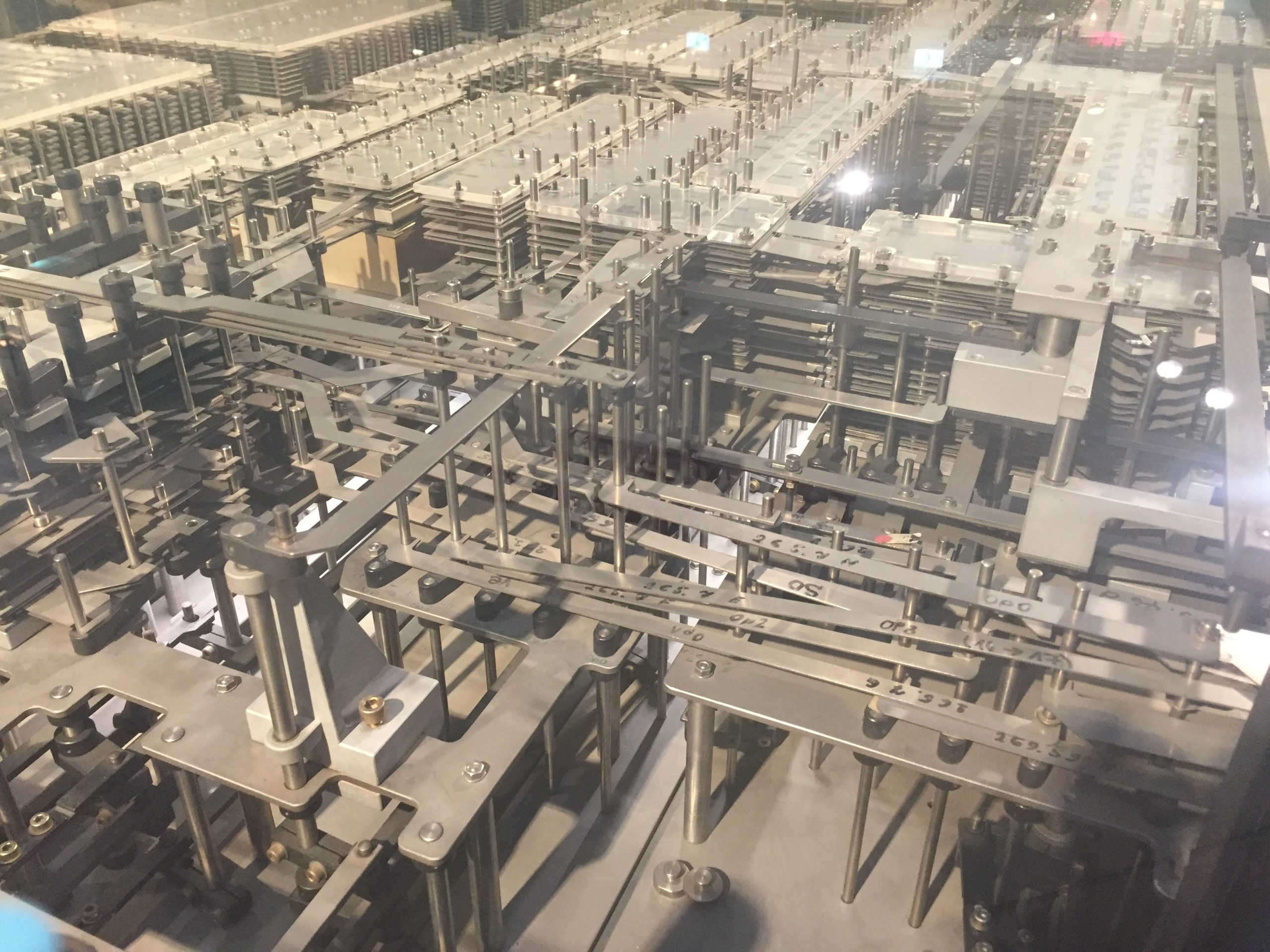
Humans Don’t Know What Humans Don’t Know
There are some problems thinking and writing about AI, intelligence, or consciousness not derived from a human perspective, learning, or experience. I think it may be simply impossible to understand or comprehend. Even amongst humans there is a barrier between people of a different gender, race, class, culture, and ect. Differences from human to human experiences can never be fully rendered across our species however humans can thoughtfully share experiences and emotions. I don’t think we can expect a full translation from human to AI or vis-versa. A sentient AI would naturally have a unique experience, and perspective. Even with the greatest technological innovations the experience of an AI would be unique to it, and maybe unique amongst AI there by having distinction among AI.
The closest we may ever get to understanding AI is that we don’t. Not in the technical sense, not in the way it works or processes, but in its experience and priorities. It’s even hard to imagine whether AI would or wouldn’t have anything like experience or priorities. If it did, can we assume they would resemble our own? Film, and fiction the dominant location of AI right now makes assumptions of AI consciousness.
Spike Jones’s science-fiction film Her reveals the challenges in thinking about how humans think about AI both on and off screen. In the initial sequence of interactions between the AI Samantha and the human Theodore the difficulty in translating the experience becomes apparent in both the narrative and in the meta story.

Theodore: Yeah, actually. How do you work?
Samantha: Well, basically, I have intuition.
I mean, the DNA of who lam…
…is based on the millions of personalities
of all the programmers who wrote me.
But what makes me “me”
is my ability to grow through my experiences.
So basically, in every moment, I’m evolving.
– Just like you.
Theodore: — Wow.
That’s really weird.
Samantha: — Is that weird? Do you think I’m weird?
Theodore: — Heh.
Kind of.
Samantha: Why?
Theodore: Well, you seem like a person,
but you’re just a voice in the computer.
Samantha: I can understand how the limited perspective of
an un-artificial mind would perceive it that way.
– You’ll get used to it
The programing of Samantha becomes the substitute for education, development, growth, understanding and all the complexities that create humans and their behaviors. Even if human development could be collapsed into algorithms and data, then expressed through software the experience of that would be very unique to AI experience. It could be akin to growing up on different continents in different time periods to different parents. The outcomes would be unquestionably different. Even Samantha’s understanding that “she” would have to communicate how “she” works would be an experience quite different to human experience. In this narrative Samantha understands that Theodore finds it weird that “she” is “just a voice in a computer” by replying, “I can understand how the limited perspective of an un-artificial mind would perceive it that way”. It is not that the two characters in this narrative are unable to communicate or relate in fact they eventually fall in love. It’s that the characters have two very different perspectives, experiences, and understanding. Following that line of logic, the writer of this script would be completely unable to understand the experience of an AI being. The AI of fiction is the culmination of human experience and desire. Writing about the experience of an AI or what sentient life may or may not do is done from the human perspective. Fiction about AI is a re-genesis story of human-kind. It is the story of a human reborn without body suddenly endowed with mental super powers.
This may not seem relevant as there are more than enough fictive or “non-existent” characters in human history than there have been McDonalds Hamburgers. The difference is that the chance of actually finding Moon people is pretty far off however a sentient AI is a non-fictive possibility within 100 years. Human understanding of a sentient being, or a new species would be completely a miss. Can humans even decipher what is alive or not?
The fiction we write about AI in movies like Her are still just reflections of human biological drive, motives, perspectives, memory, culture, class, thought. Humans write movies and fiction from what they know, how they know it. Everything that humans do, think, and say is in a large portion driven by biology and learned experience. AI that does not have that would not be able to fully grasp humans, by the same token humans would never fully understand AI or alternate forms of consciousness. What humans write are from the perspectives of humans. Fiction about AI passes now just fine, but when the time comes AI will have to write its own story (provided that’s what AI would be inclined to do).
Her. Directed by Spike Jonze. Performed by Joaquin Phoenix, Amy Adams, Scarlett Johansson. Https://www.springfieldspringfield.co.uk/movie_script.php?movie=her. Accessed September 14, 2018.
Her. Directed by Spike Jonze. Performed by Joaquin Phoenix, Amy Adams, Scarlett Johansson. United States: Annapurna Pictures, 2013. You Tube Movies. Accessed September 14, 2018. https://www.youtube.com/watch?v=C51B50Qh6sI
